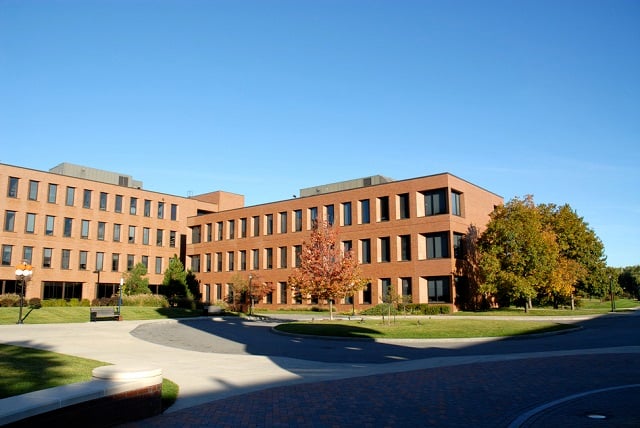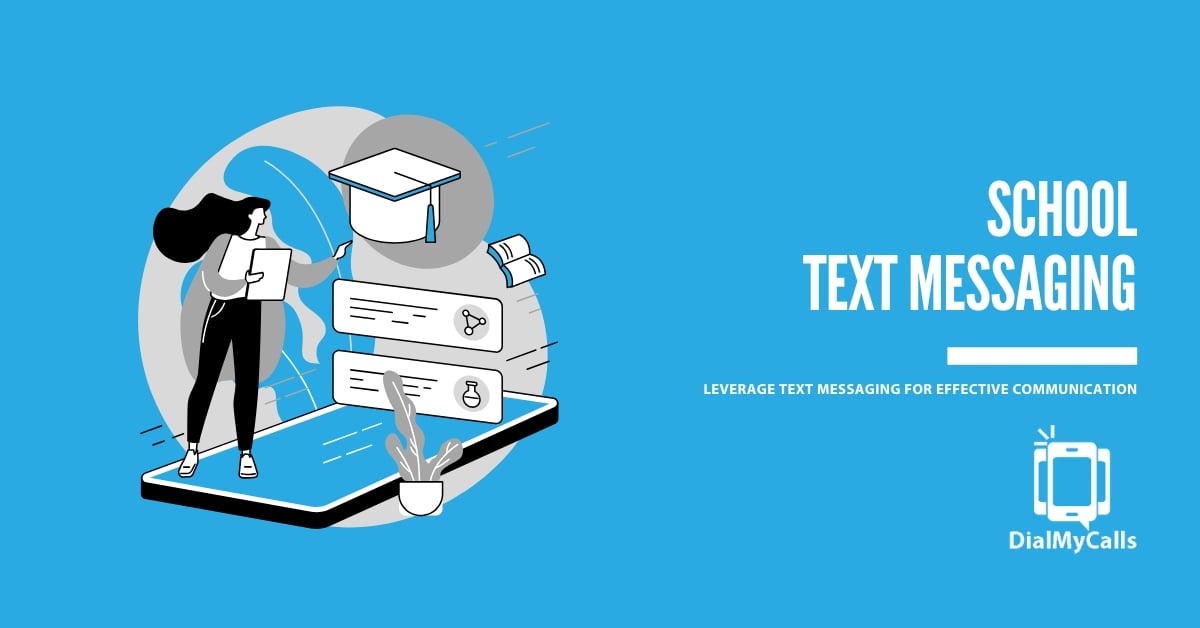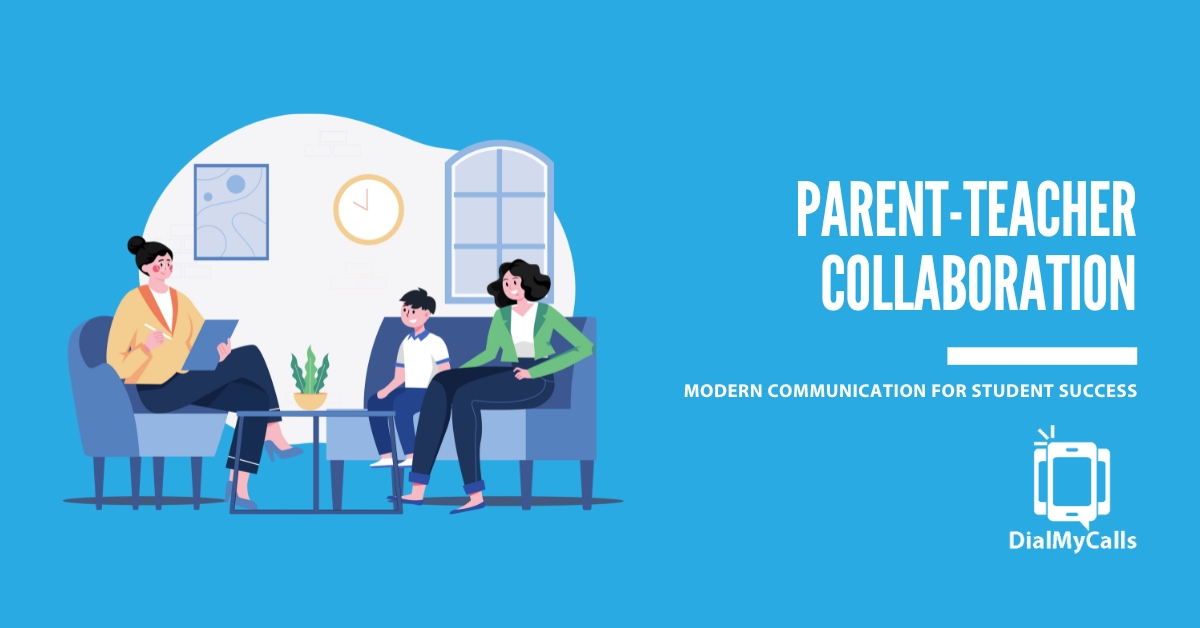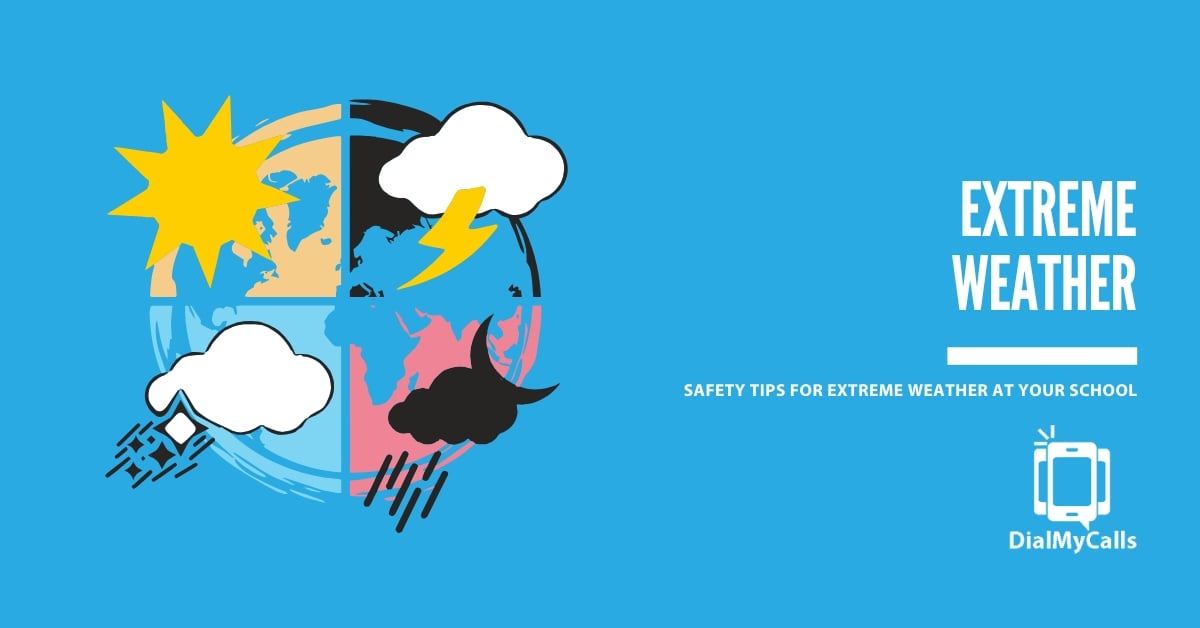Author
Tim Smith is the Media Manager at DialMyCalls, where he has leveraged his expertise in telecommunications, SaaS, SEO optimization, technical writing, and mass communication systems since 2011. Tim is a seasoned professional with over 12 years at DialMyCalls and 15+ years of online writing experience.
Try Using DialMyCalls Right Now
Start For FreeRecent Posts
- SMS Marketing Metrics: How to Measure and Improve Your Text Campaign’s Success
- What are SMS Carrier Fees and How to Lower Your Costs
- 8 Creative SMS Marketing Ideas to Boost Engagement This Summer
- 15 Ways to Use QR Codes For Event Promotion & Attendee Engagement
- Top 6 Automated Calling Service Providers For Your Business
Categories
“I am a youth minister and have spent hours in the past calling students individually to remind them of an upcoming event or to get out an urgent announcement. With DialMyCalls.com, I cut that time down to about 1 minute. I also love how I can see exactly who answered live and how long they listened so I know if they heard the whole message. DialMyCalls.com is the best website I have stumbled upon all year! Thanks!”
Central Baptist Church
Try Using DialMyCalls Right Now
Start For Free5 Tips on How to Make an Impact With Your College Outreach Program
Posted by Tim Smith in Schools on November 19, 2014
Updated on August 29, 2024

Outreach programs at the college level are wonderful programs to help promote continuing education. By working with local high schools they can find young people who would not only benefit from the opportunity of higher education, but also appreciate it. If you are looking for ways to further your college outreach program, you can try implementing some of these practices. Most not only increase your exposure to community kids, they will help you pinpoint where the needs are.
1. Start Mentoring Programs
Speak with your professors who are directly involved in education classes. These students can benefit from hands on experience with children in the local high schools. As part of the project, make it their responsibility to identify weaknesses in the school system as well as identify students who show the potential that would benefit from your outreach.
2. Build Strong Relationships With High School Guidance Counselors
In most cases, it is the guidance counselor who is recommending kids for your outreach program. They in turn are getting most of their information from the teachers. Get to know these counselors and talk with them weekly about ways in which your program can be improved.
3. Hold Special High School Events
Meetings are boring and not likely to draw a crowd. Instead plan an informal party for the teachers and staff of the local schools. Set aside a 30 minute time period where you talk about your outreach program and how they can help by identifying students for you. Let them know the traits and characteristics of kids who get the most benefit from the services that you provide. Once the short speech is over, make sure that you work the room and introduced yourself personally to as many guests as possible. This will help them to remember you and your important work towards helping their students.
4. Get Your Own Student Body Involved
Your biggest strength is those students who are in your school now. Communicate with them about the outreach program you have in place and how it benefits the community. If planning events or trips, send out a mass notification asking for volunteers. Have them opt in to receiving message from an automated school messaging system like DialMyCalls. This type of service allows you to connect with the student’s cell phones all at once, either with a voice message or an SMS text message. You will be amazed at the number of your own students who want to be involved with helping you achieve the college’s goals.
5. Consider Other Types of Outreach Programs
In addition to helping high school kids realize their dreams of college, you can also help other members of the local community. There are outreach programs that help immigrant parents to learn English, and for adults to obtain a GED or even job seeking skills. Identify the needs in the community where your college lies and consider implementing other outreach programs to help with them.
You are doing important work with your school’s efforts at reaching out to local high school students. If you follow these tips and increase awareness and involvement you will be able to help even more kids. Continuing education is an important part of building and sustaining communities. You are already doing your part if you have an outreach program in place. Now it’s time to improve on that to reach out to all members of the community.


